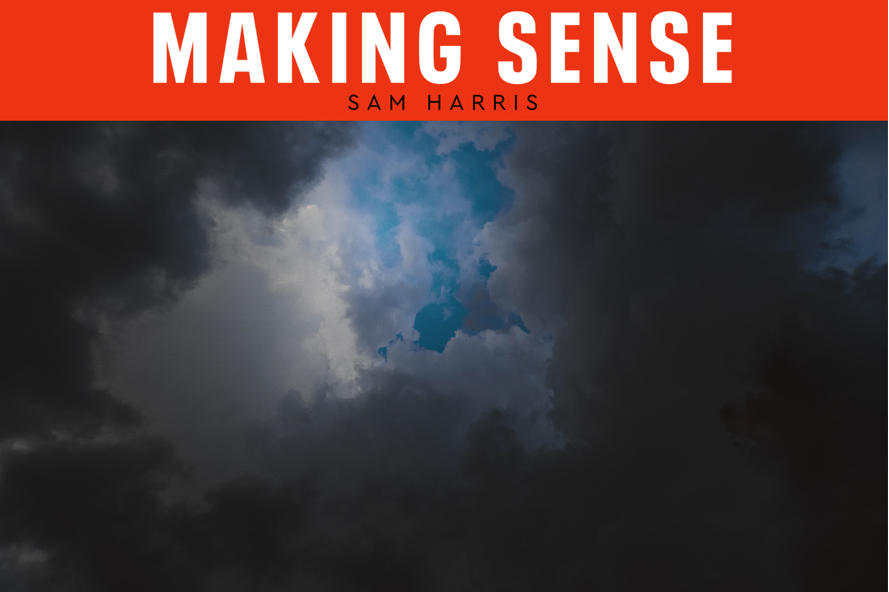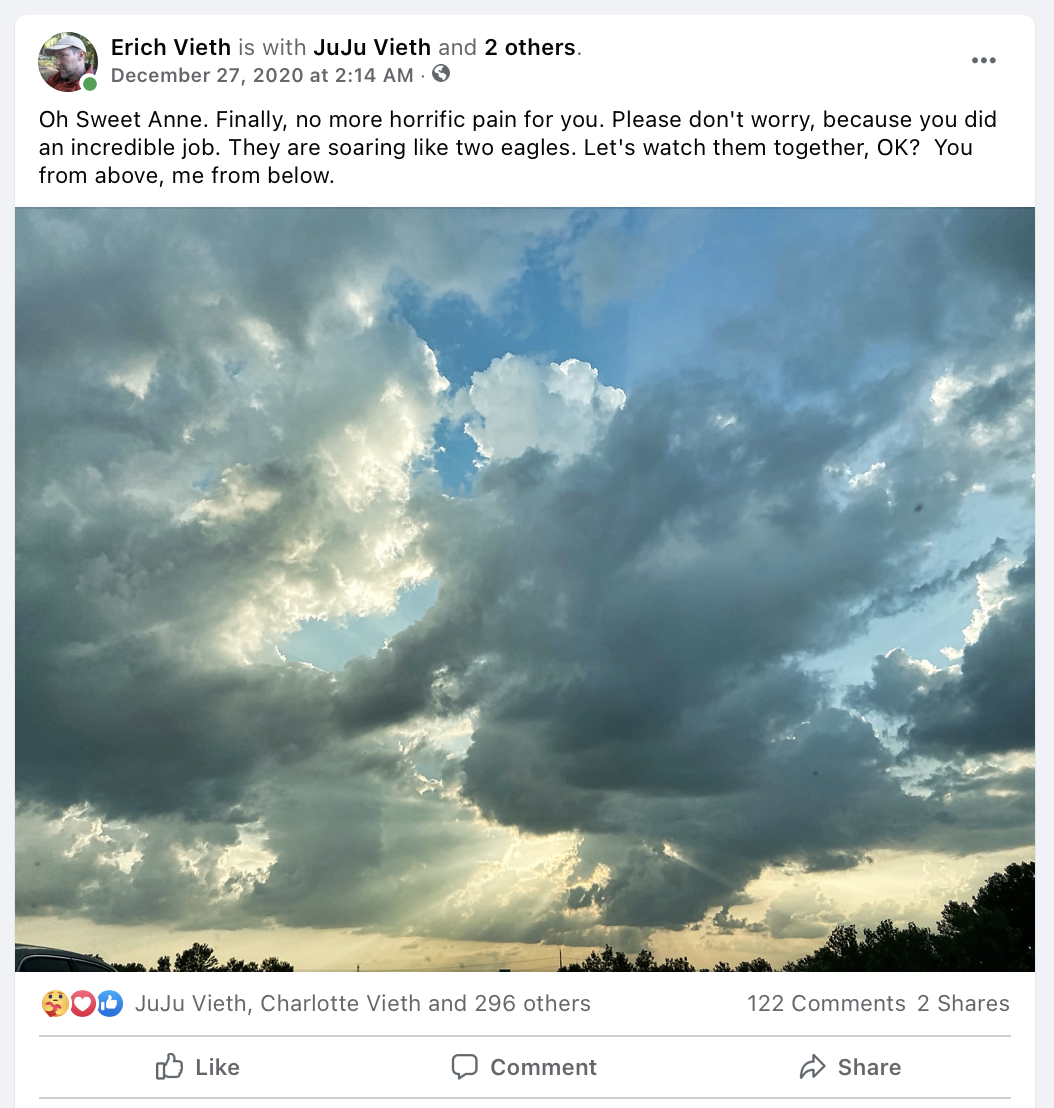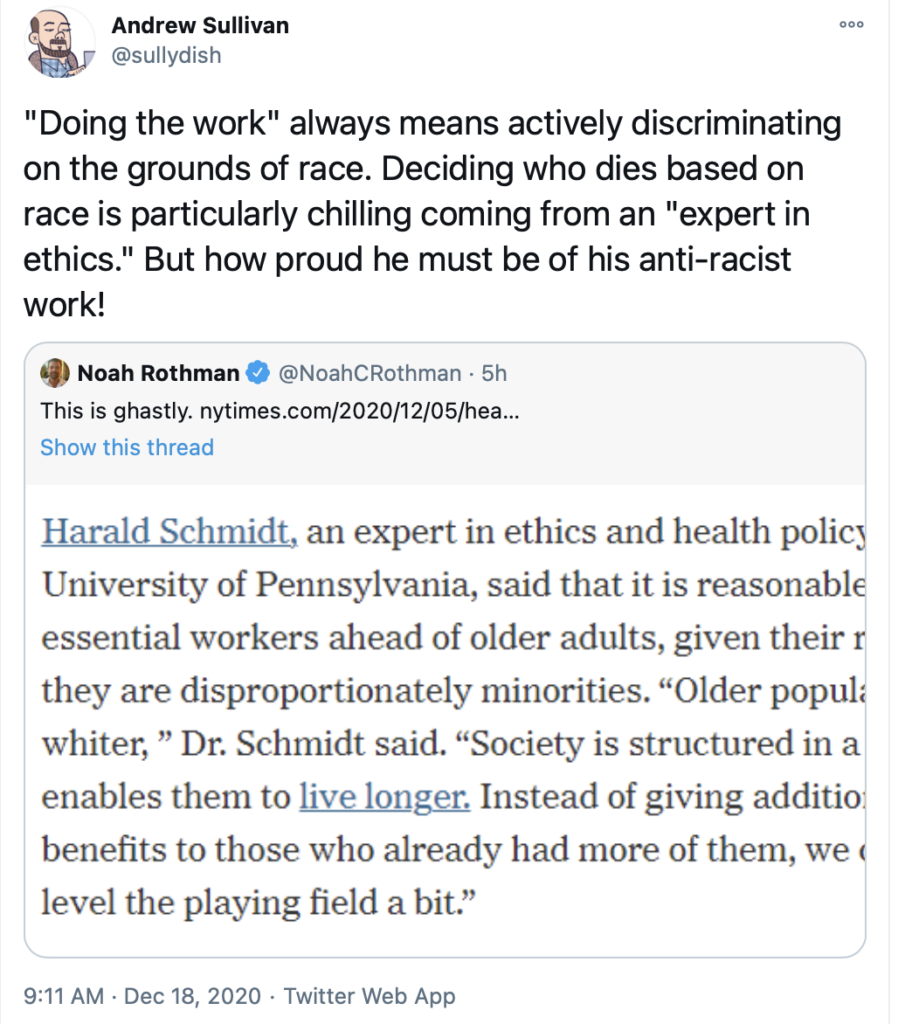Seek Neither Happiness Nor Pleasure
There is a vast literature on how to be happy. As I read most of the articles I encounter, I stop to question the meaning of "happiness," because it is too often understood as "pleasure." I'm not anti-pleasure, but I've personally seen that pleasure-seeking is not a path to a meaningful life. In fact, it is the opposite. I prefer to seek a meaningful life, but doing this involves many painful moments that are, in the end, worth the pain. Here's a caricature of these two approaches, from an article by Arthur Brooks, titled "There Are Two Kinds of Happy People: Some of us strive for a virtuous life. Others strive for a pleasant one. We could all use a better balance."
Epicurus (341–270 B.C.) led an eponymous school of thought—Epicureanism—that believed a happy life requires two things: ataraxia (freedom from mental disturbance) and aponia (the absence of physical pain). His philosophy might be characterized as “If it is scary or painful, work to avoid it.” Epicureans see discomfort as generally negative, and thus the elimination of threats and problems as the key to a happier life. Don’t get the impression that I am saying they are lazy or unmotivated—quite the contrary, in many cases. But they don’t see enduring fear and pain as inherently necessary or beneficial, and they focus instead on enjoying life.
Epictetus (c. 50–c. 135 A.D.) was one of the most prominent Stoic philosophers, who believed happiness comes from finding life’s purpose, accepting one’s fate, and behaving morally regardless of the personal cost. His philosophy could be summarized as, “Grow a spine and do your duty.” People who follow a Stoic style see happiness as something earned through a good deal of sacrifice. Not surprisingly, Stoics are generally hard workers who live for the future and are willing to incur substantial personal cost to meet their life’s purpose (as they see it) without much complaining. They see the key to happiness as working through pain and fear, not actively avoiding them.
Here's an alternate path offered by Emily Esfahani Smith. Instead of seeking happiness (which will not result in happiness), she urges us to seek meaningfulness in our lives. Her article in The Atlantic is titled "There's More to Life Than Being Happy: Meaning comes from the pursuit of more complex things than happiness." Here's an excerpt:
Meaning is not only about transcending the self, but also about transcending the present moment -- which is perhaps the most important finding of the study, according to the researchers. While happiness is an emotion felt in the here and now, it ultimately fades away, just as all emotions do; positive affect and feelings of pleasure are fleeting. The amount of time people report feeling good or bad correlates with happiness but not at all with meaning.
In her TED talk, Esfahani Smith explains that it is futile to seek happiness:
The data showed that chasing happiness can make people unhappy. And what really struck me was this: the suicide rate has been rising around the world, and it recently reached a 30-year high in America. Even though life is getting objectively better by nearly every conceivable standard, more people feel hopeless, depressed and alone. There's an emptiness gnawing away at people, and you don't have to be clinically depressed to feel it. Sooner or later, I think we all wonder: Is this all there is? And according to the research, what predicts this despair is not a lack of happiness. It's a lack of something else, a lack of having meaning in life.
01:35 But that raised some questions for me. Is there more to life than being happy? And what's the difference between being happy and having meaning in life? Many psychologists define happiness as a state of comfort and ease, feeling good in the moment. Meaning, though, is deeper. The renowned psychologist Martin Seligman says meaning comes from belonging to and serving something beyond yourself and from developing the best within you. Our culture is obsessed with happiness, but I came to see that seeking meaning is the more fulfilling path. And the studies show that people who have meaning in life, they're more resilient, they do better in school and at work, and they even live longer.
02:24 So this all made me wonder: How can we each live more meaningfully? To find out, I spent five years interviewing hundreds of people and reading through thousands of pages of psychology, neuroscience and philosophy. Bringing it all together, I found that there are what I call four pillars of a meaningful life. And we can each create lives of meaning by building some or all of these pillars in our lives.
Esfahani Smith's fourfold path to meaningfulness includes these four elements:
1) A Sense of Belonging, meaning relationships “where you really feel like you matter to others and are valued by them, and where you in turn treat others like they matter and are valued.”
2) Purpose, or “having something worthwhile to do with your time,” says Smith. “It’s this pursuit that organizes your life and involves making a contribution to others.” Smith writes and speaks about the best ways we can find purpose in our own lives. This includes locating our strengths and talents, what our unique perspective on the world is, and bringing that all together to give back.
3) Transcendence, “those moments where you're basically lifted above the hustle and bustle of daily life and you feel your sense of self fade away.” Transcendence, for a lot of people, is part of a religious pursuit, experienced through meditation, prayer, and other expressions of faith. But you can also experience it in nature, or at work, explains Smith.
4) Storytelling, the final pillar “surprised me in a lot of ways,” Smith says. “Storytelling is really about the story that you tell yourself about your life, about how you became you. It’s your personal myth.”
For several years, I've embraced Esfahani Smith's four principles. And, if you haven't noticed, neither happiness-seeking nor pleasure-seeking are among her paths.
I will pause this discussion at this point. More to come . . .




